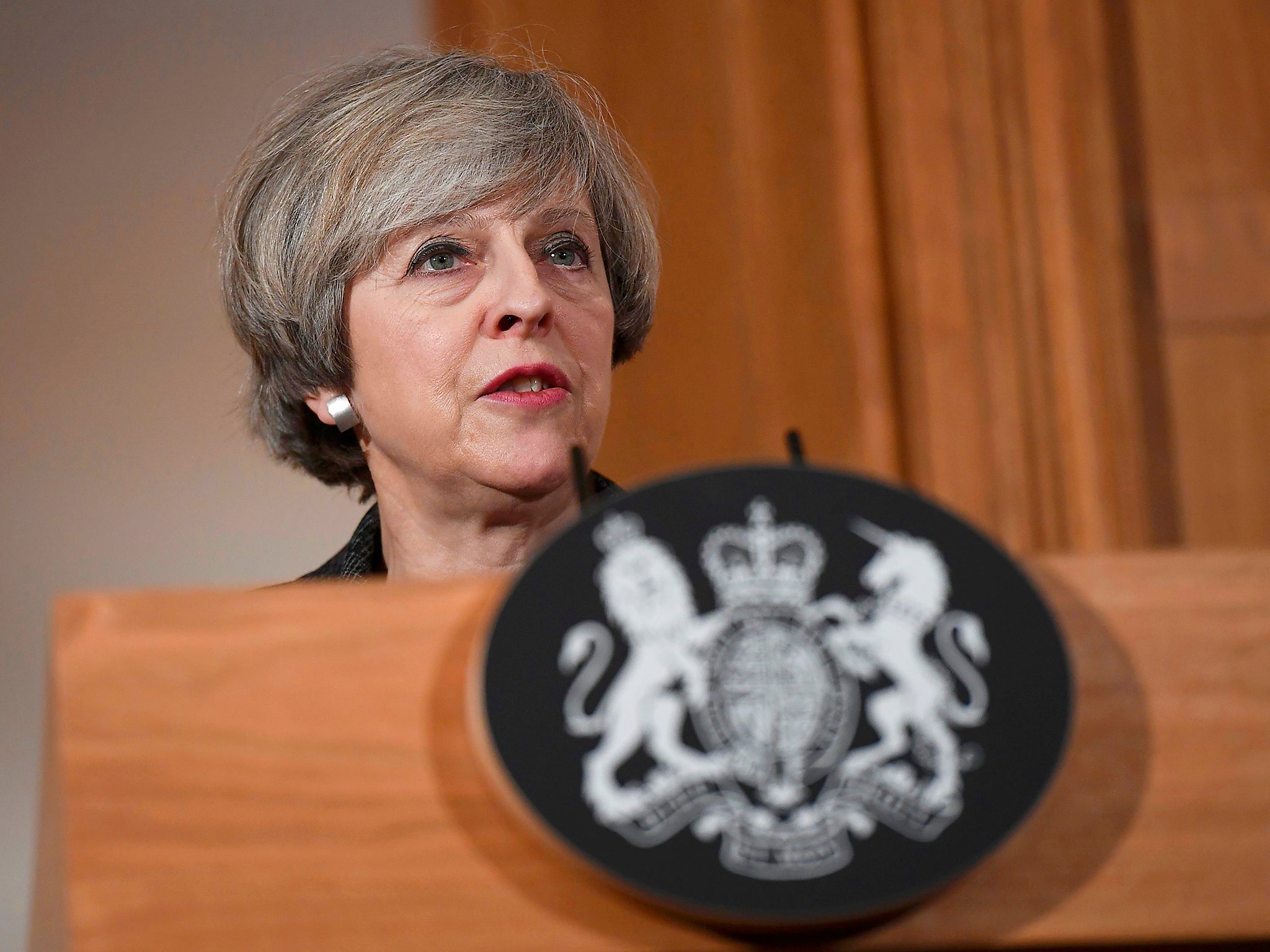We must guard against hate crimes, but Britain is not a racist country
Police warn against spike of xenophobic attacks when Article 50 is invoked, but we must not think that the vote for Brexit means racism is rife

Police forces around Britain are preparing for a spike in xenophobic attacks next month, when Theresa May finally sends her letter to Donald Tusk, President of the European Council, notifying him of the United Kingdom’s intention to withdraw from the European Union under Article 50 of the treaty.
Our report today reveals the preparations in place to pre-empt racist and religiously motivated attacks that might occur after the triggering of Article 50. Police plans are based on a rise in hate crime in the days after the EU referendum in June. It cannot be denied that, for some people, that vote was a vote against “foreigners” and that this word includes many Britons of Asian and Afro-Caribbean origin.
However, we should not fall into the mistake of thinking that all or even most of those who voted to leave the EU were racist. The Independent believed and still believes that remaining in the EU would be in Britain’s best interest, but there were many voters who took a different view, not because they dislike foreigners but because they care about sovereignty or the frustrating, self-serving and self-perpetuating nature of EU rule by bureaucrats.
As we also report today, our exclusive ComRes poll finds that a majority of British people think that Donald Trump was wrong to try to impose a travel ban on seven mainly Muslim countries, and that 55 per cent are opposed to a similar policy being followed here. Those who make facile comparisons between support for Brexit in the UK and support for Mr Trump in the US should bear in mind the evidence that British public opinion is not as illiberal as is sometimes imagined.
Indeed, it is worth going back to first principles on immigration policy just briefly to establish that the debate is usually a question of degree rather than of absolute principle. Almost every point of view, on either side of the Atlantic, starts by accepting that some controls on immigration are necessary.
There are very few who argue for free movement of peoples around the world. Those, including The Independent, who defend free movement within the EU still want to see firm but fair immigration rules enforced at the EU’s external border.
Now that Brexit seems likely – although we are not reconciled to it until it happens – the British debate has shifted to the rules we want to devise for immigration from EU countries and the extent to which we want to align them with the rules for the rest of the world. The important point about our poll is that there is only minority support in the British debate for Mr Trump’s policy of imposing a total, if temporary, ban on arrivals from a short list of countries selected on criteria that seem to be both arbitrary and anti-Muslim at the same time. Indeed, it is not yet clear whether such a policy is even compatible with the US Constitution, as the President’s executive order has been struck down by the courts.
Against that background, it should be remembered that the perpetrators of xenophobic violence or harassment are a tiny minority of a minority. That they might be emboldened by Brexit, and significant moments such as the Article 50 notification, is terrible, but it does not mean that the whole country has retreated into a smaller and more intolerant version of itself. That the police are taking the threat seriously is itself evidence of how far this country has come.
We believe that Britain is a vastly more liberal and compassionate country than it was in the 1950s, and that we will continue to be even if we do leave the EU.
Join our commenting forum
Join thought-provoking conversations, follow other Independent readers and see their replies
Comments
Bookmark popover
Removed from bookmarks